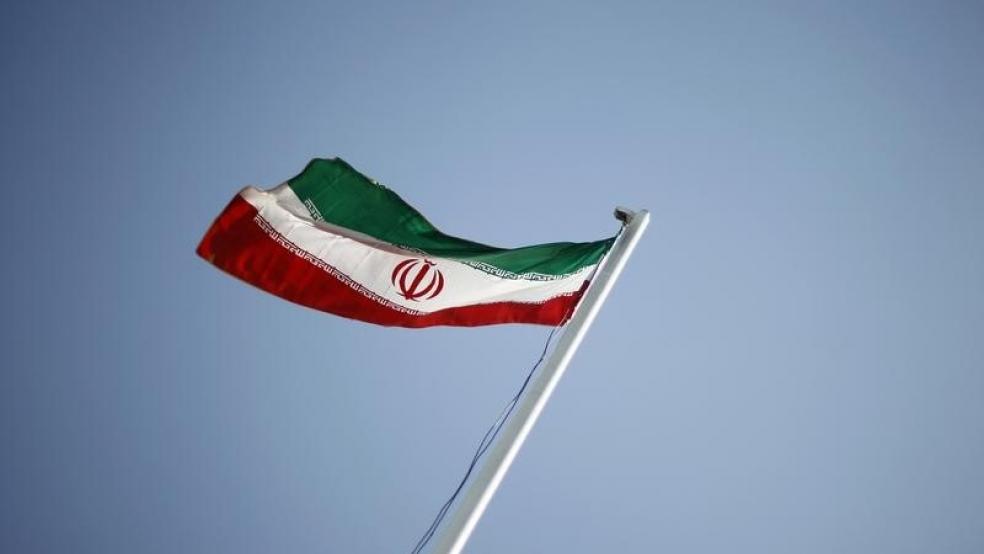Iran is entering the global economy, and some investment-bank analysts are starting to get pretty excited.
Most outsiders see Iran as an anti-Semitic Islamic state run by extremists who tolerate terrorism (as long as it's not in Iran).
Related: Obama’s Iran Deal 10 Years Later: How It Could Change the World
But Iran is also the last large, modern, educated economy that is locked out of the global system, and the biggest one to reenter it since the end of the Cold War.
Here's a snippet from a note the researchers emailed out this week:
Iran is the largest economy to return to the global fold since the break-up of the Soviet Union and similarities include the complexity of the sanctions regime involved, the attempt at political rapprochement with the West and Iran's vast energy wealth.
They're not the only ones getting excited. Car companies are eager to get involved, and we spoke with the man who quit Deutsche Bank to set up the first Iranian private-equity firm that's able to take foreign investment.
Related: How Iran Is Taking Over the Middle East
Part of the anticipation is due to Iran's massive fossil-fuel reserves. Beyond that, however, Iran is also a middle-income country with a huge potential that has been (deliberately) restrained by sanctions. Before the Islamic Revolution in 1979, the country had a thriving middle class with a taste for Western fashions and consumerism.
On top of that, it's the most literate nation in the region, a largely urbanised country where 60% of the population is under 30. The potential for an economic upswing when the sanctions are lifted is pretty clear.
In many respects, there is no direct comparator for Iran, given its economic size, the scale of the sanctions imposed and its political structure. In particular, the potential reintegration of Iran into the global economy is arguably uncharted territory in that there is no other hydrocarbon frontier economy that has been subjected to comparable economic and political sanctions.
In the next few years, there are some pretty rapid growth forecasts for Iran — the World Bank expects gross-domestic-product growth to rise to 6.7% in 2017, largely on the back of increased production of oil and natural gas.
This article originally appeared on Busiess Insider. Read more from Business Insider:
These 4 sentences make it clear the Fed will raise rates in 2 weeks




